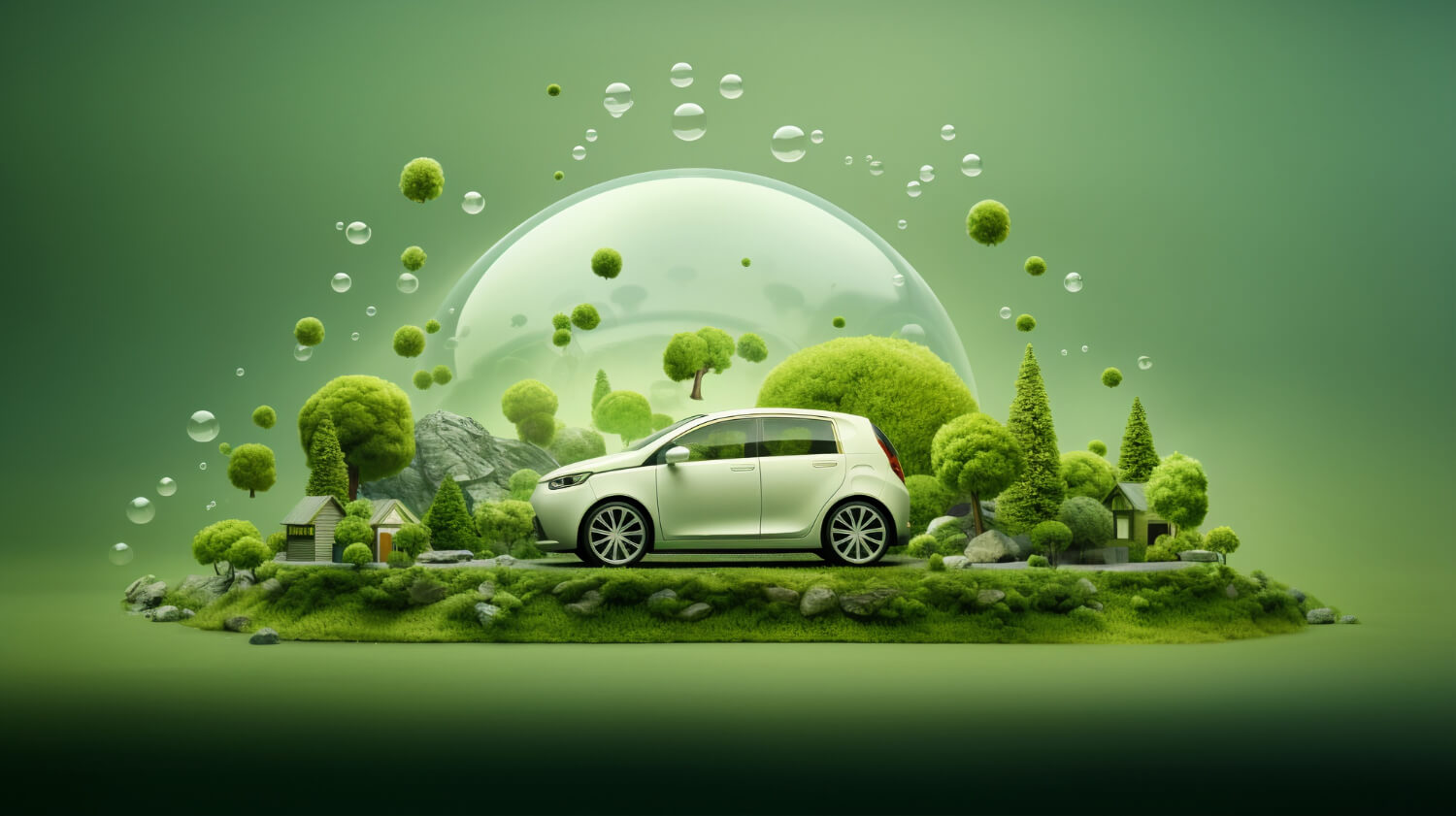How Engine Decarbonization Service Supports Cleaner Engines and a More Sustainable Environment

The global shift toward cleaner, more efficient transportation has never been more urgent. Countries are introducing stricter emission standards, businesses are adopting greener maintenance practices, and drivers are becoming increasingly aware of the environmental impact of their vehicles. One of the key processes gaining attention is engine decarbonization service — a treatment designed to remove carbon buildup inside internal combustion engines. Although often discussed in the context of performance or fuel economy, engine decarbonization also plays a meaningful role in reducing harmful emissions and supporting long-term environmental sustainability.
Modern solutions such as hydrogen-based decarbonization systems, including those used by leading providers in the industry, offer a safe, effective and eco-friendly alternative to traditional engine cleaning methods. For individuals, businesses, and fleet operators, improvements in engine health translate into lower emissions, cleaner air, and more responsible vehicle operation.
Why Carbon Buildup Matters for the Environment
Internal combustion engines naturally produce carbon deposits over time. These deposits accumulate on pistons, valves, injectors and other vital components. Although carbon buildup is unavoidable, the consequences of leaving it untreated extend beyond vehicle performance — they directly influence environmental impact.
When carbon deposits interfere with combustion, engines lose efficiency. Inefficient combustion leads to:
-
Higher fuel consumption, since more fuel is needed to produce the same power
-
Increased exhaust emissions, particularly CO₂, NOx, and unburned hydrocarbons
-
Incomplete fuel burn, which releases toxic pollutants into the atmosphere
For regions already struggling with poor air quality, these emissions contribute to smog formation, respiratory issues, and long-term environmental degradation. Addressing carbon buildup helps engines work closer to factory specifications, allowing fuel to burn more cleanly and efficiently.
How Engine Decarbonization Works
Engine decarbonization refers to the process of removing built-up carbon inside the engine. There are several methods, but hydrogen-based systems are considered among the most environmentally friendly. During hydrogen decarbonization, a precisely measured amount of hydrogen gas is introduced into the air intake. As hydrogen enters the combustion chamber, it reacts with carbon deposits at high temperatures, turning them into harmless gases that exit through the exhaust.
This approach is beneficial for several reasons:
No chemical pollution
Hydrogen leaves no toxic residue, unlike some chemical cleaning agents.
Faster, cleaner combustion
Hydrogen-enriched combustion helps engines burn fuel more completely, reducing emissions.
Lower mechanical stress
No dismantling is required, which means fewer replacement parts and reduced waste.
Better fuel efficiency
Efficient engines consume less fuel, contributing to long-term environmental sustainability.
Environmental Benefits of Engine Decarbonization
1. Reduced Emissions
The most immediate benefit is a measurable reduction in harmful exhaust gases. Cleaner combustion lowers CO₂ output, improving compliance with environmental regulations. For large fleets, the combined impact can be substantial — reducing emissions across dozens or hundreds of vehicles.
2. Less Fuel Consumption
An engine free of carbon buildup does not have to work as hard. Reduced fuel consumption not only benefits the environment but also lowers operating costs. This makes decarbonization a sustainable practice with both ecological and economic benefits.
3. Extended Vehicle Lifespan
Engines operating with excessive carbon stress wear down faster, leading to premature replacement. Manufacturing new engines requires raw materials, energy and industrial processes that influence global emissions. Extending engine lifespan indirectly reduces environmental strain.
4. Cleaner Air in Urban Areas
Urban centers with dense traffic are especially vulnerable to poor air quality. Regular decarbonization helps ensure that vehicles operating in cities produce fewer pollutants, contributing to healthier living conditions.

Why Businesses Are Adopting Decarbonization Services
While individual drivers benefit from improved engine performance, businesses have added incentives to adopt decarbonization services:
-
Compliance with emission standards
-
Reduced operational fuel costs
-
Higher reliability and lower downtime
-
Improved sustainability branding
Companies that prioritize environmental responsibility often highlight their vehicle maintenance strategies as part of their eco-friendly initiatives. For transportation, delivery, and logistics sectors, this practice aligns with rising expectations for corporate environmental accountability.
Decarbonization and Future Environmental Trends
As global regulations tighten, traditional maintenance practices may not be sufficient for meeting upcoming standards. More governments are encouraging low-emission technologies, and many are looking for ways to reduce the environmental impact of vehicles still dependent on internal combustion engines.
Engine decarbonization fits into this transitional phase by providing:
• A bridge toward cleaner mobility
Even as electric vehicles grow, millions of combustion engines will remain on the road for years. Cleaning them is essential for environmental progress.
• A scalable solution
Hydrogen-based decarbonization can be easily implemented in workshops, fleets, and service centers.
• A reduction in long-term pollution
Preventive treatments collectively reduce emissions over time, especially for high-mileage engines.
The Role of Technology in Sustainable Engine Maintenance
Technological innovation is essential for achieving large-scale environmental benefits. Machine-based decarbonization systems analyze engine behavior, deliver precise hydrogen amounts, and protect sensitive engine components. By improving efficiency without generating waste or chemical runoff, they align with modern expectations for environmentally friendly maintenance.
These advancements also support broader sustainability goals, including:
-
Lower carbon footprints for transportation companies
-
Cleaner urban mobility solutions
-
Improved engine recycling processes
-
Reduced dependence on harsh chemicals
When integrated into routine maintenance schedules, decarbonization becomes a long-term environmental strategy rather than a temporary fix.
Final Thoughts
The value of engine decarbonization service extends far beyond performance improvements. It plays a vital role in supporting cleaner transportation, reducing emissions, and promoting long-term sustainability for both individuals and businesses. By choosing modern, hydrogen-based systems, vehicle owners can maintain their engines responsibly while contributing to climate goals and environmental preservation.
As countries and industries continue to shift toward greener solutions, engine decarbonization stands out as an accessible, effective and impactful practice that makes a difference on a global scale. Sustainable engine maintenance isn’t just a trend — it’s an essential step toward a cleaner, healthier environment for future generations.






